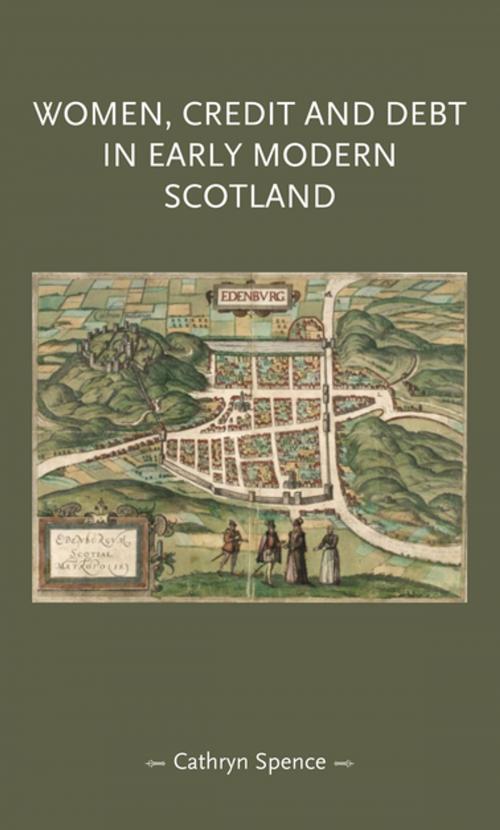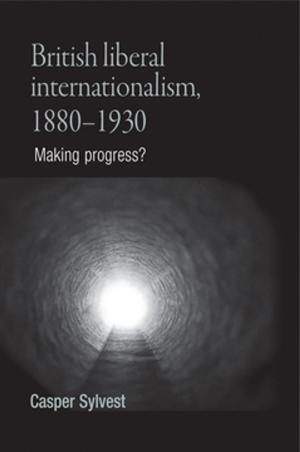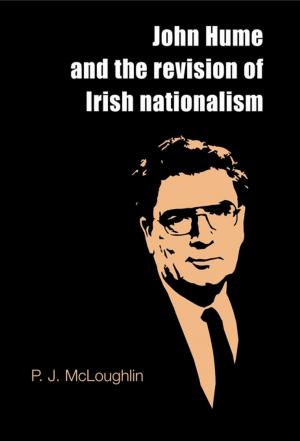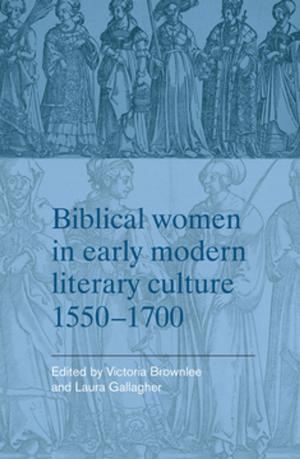| Author: | Cathryn Spence | ISBN: | 9781784996338 |
| Publisher: | Manchester University Press | Publication: | March 2, 2016 |
| Imprint: | Manchester University Press | Language: | English |
| Author: | Cathryn Spence |
| ISBN: | 9781784996338 |
| Publisher: | Manchester University Press |
| Publication: | March 2, 2016 |
| Imprint: | Manchester University Press |
| Language: | English |
This text provides the first full-length consideration of women’s economic roles in early modern Scottish towns. Drawing on tens of thousands of cases entered into burgh court litigation between 1560 and 1640 in Edinburgh, Dundee, Haddington and Linlithgow, Women, credit and debt explores how Scottish women navigated their courts and their communities. The employments and by-employments that brought these women to court and the roles they had in the economy are also considered. In particular, this book explores the role of women as merchants, merchandisers, producers and sellers of ale, landladies, moneylenders and servants. Comparing the Scottish experience to that of England and Europe, Spence shows that over the course of the latter half of the sixteenth century and into the seventeenth century women were conspicuously active in burgh court litigation and, by extension, were engaged participants in the early modern Scottish economy.
This text provides the first full-length consideration of women’s economic roles in early modern Scottish towns. Drawing on tens of thousands of cases entered into burgh court litigation between 1560 and 1640 in Edinburgh, Dundee, Haddington and Linlithgow, Women, credit and debt explores how Scottish women navigated their courts and their communities. The employments and by-employments that brought these women to court and the roles they had in the economy are also considered. In particular, this book explores the role of women as merchants, merchandisers, producers and sellers of ale, landladies, moneylenders and servants. Comparing the Scottish experience to that of England and Europe, Spence shows that over the course of the latter half of the sixteenth century and into the seventeenth century women were conspicuously active in burgh court litigation and, by extension, were engaged participants in the early modern Scottish economy.















